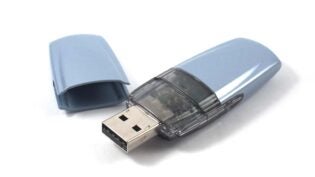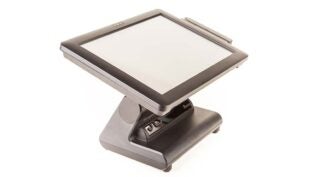Home > Technology > Hardware >
Left to Their Own Devices? Small Business and the BYOD Question
By: Susan Solovic

A major shift in computing power has happened and it didn’t take any federal legislation or “top-down” marching orders from the home office. As a consequence to the mobile device revolution, more employees are using their own devices for work. Issuing expensive hardware, such as a company laptop, is becoming increasingly irrelevant for many small businesses.
Eventually almost every small business owner will need to issue a policy on using personal devices for business so here’s a primer on the main benefits and risks when employees are allowed to BYOD (bring your own device).
BYOD Benefits
- Employees love their own devices. Because your small business employees have taken the initiative to choose the mobile devices that suit them the best, you know that they enjoy using them.
- Employees are trained on their own devices. There’s a good chance your employees are already fairly well versed in how their mobile devices work. You don’t have to worry about training which means a cost and time savings for your small business.
- Employees have their devices handy 24/7. When people leave home without their smartphones, they often do a u-turn to go back and get them. When they go to their kid’s Little League Game, they take their smartphones. The same can’t be said for the work laptop. Small business owners will probably get more off-hours productivity out of employees who use their personal devices.
- Employees manage and pay for upgrades. Smartphone and tablet aficionados tend to keep their mobile computing power updated and upgraded. You won’t have a line of employees at your door complaining that their computers are too slow to handle the new software. Once again, a time and cost savings for your business.
BYOD Risks
- Company is in the dark. Small business IT managers have no inventory of the different devices being used. That means they have no idea of the dangers to their networks. If something happens, it becomes much harder to identify the source of the problem.
- Devices are more prone to theft and being lost. High-end mobile devices are a major target for thieves and they are also quite easy to misplace compared to traditional laptops, for example. This can make company data vulnerable.
- Passwords and sensitive data can be exposed. Often mobile device users keep notes on their devices to remind them of passwords or other important information. This can be easily stolen from personal devices.
- No control during repairs or trade-ins. When a personal mobile device is handed over for repairs or traded in for an upgrade, the small business has absolutely no control over the data on the device. Very often recycled phones are not correctly wiped clean of user data.
- No control over security updates. Hackers are increasingly turning their attention to mobile devices on public networks. If an employee has been lax about keeping up with the latest security updates, the small business could be vulnerable for a data breach.
Of course, most of these risks exist for small businesses even when employees do not use their own devices, so banning them entirely doesn’t eliminate the problems. It’s a smart idea to do a little research and put together a policy. However, even more important than that is to do a thorough job training and reminding employees about their responsibilities if they choose to use their own devices for work.
This article was originally published by Susan Solovic
Published: March 18, 2014
1910 Views
1910 Views












